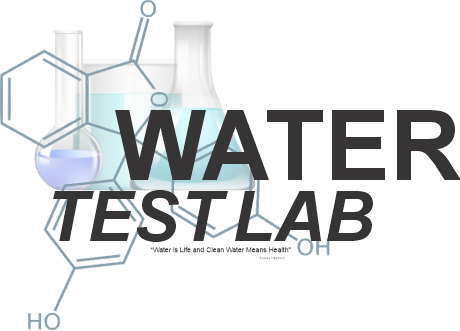Services
This section provides an overview of water quality testing and compliance standards for various uses, including human consumption, industrial and agricultural applications, recreational water, and livestock watering. The information emphasizes the importance of adhering to national standards.


Our Range of Services
-
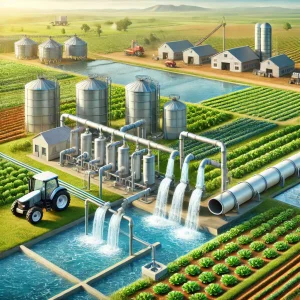
Agricultural Purposes
R2710,00 -

Aquatic Ecosystems
R2250,00 -

Bacteria
R900,00 -

Bottled Water Compliance SANS 1657 (Natural Source Water Supply)
R3300,00 -

Bottled Water Compliance SANS 241 2015 (Municipality Water Supply)
R3000,00 -

Human Consumption
R2700,00 -

Industrial Purposes
R2775,00 -

Livestock Watering
R3250,00 -

Recreational Purposes
R1150,00 -
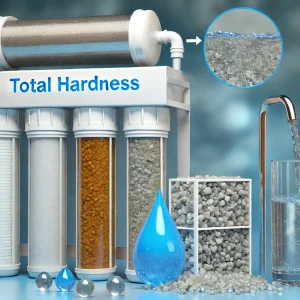
Total Hardness
R750,00
Service Descriptions

Human Consumption (The SANS 241-2015 for Drinkability)
The SANS 241:2105 was compiled by the South African Bureau of Standards (SABS).
It specifies the limits and associated risks of water intended for drinking.
The standard classifies water based on microbiological, physical, aesthetic, and chemical determinants.
Water that complies to this standard is considered safe for lifetime consumption.
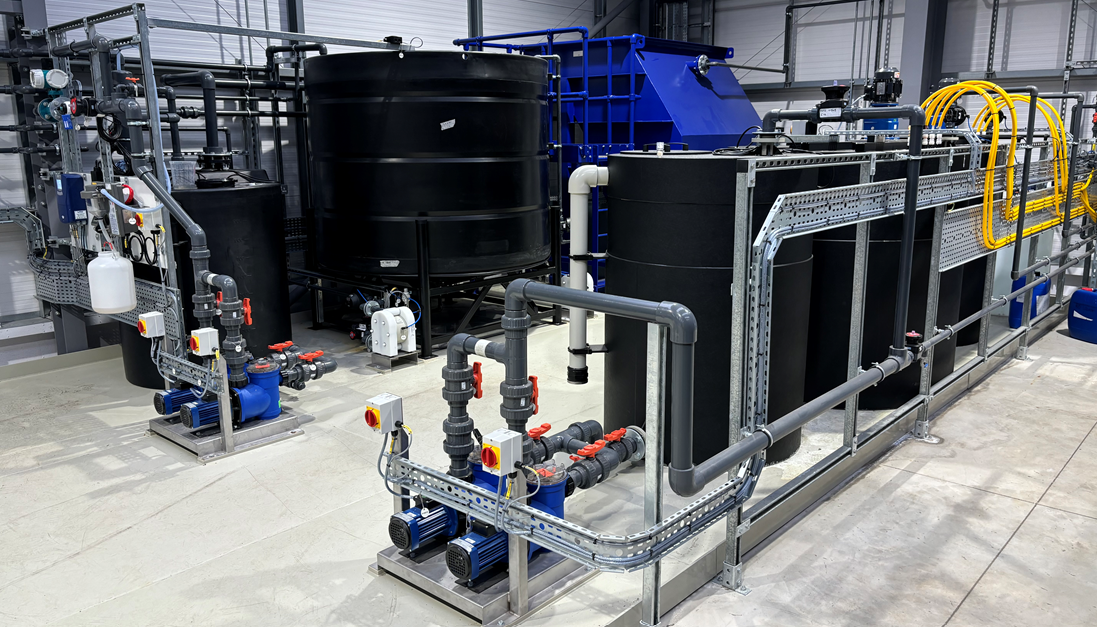
Industrial purposes
Compliance to municipal bylaws
DWAS discharge limits
Water quality standards for industrial use are crucial to comply with municipal bylaws and national regulations. Testing ensures that water discharged from industrial operations meets legal limits set by local authorities and the Department of Water and Sanitation (DWAS).
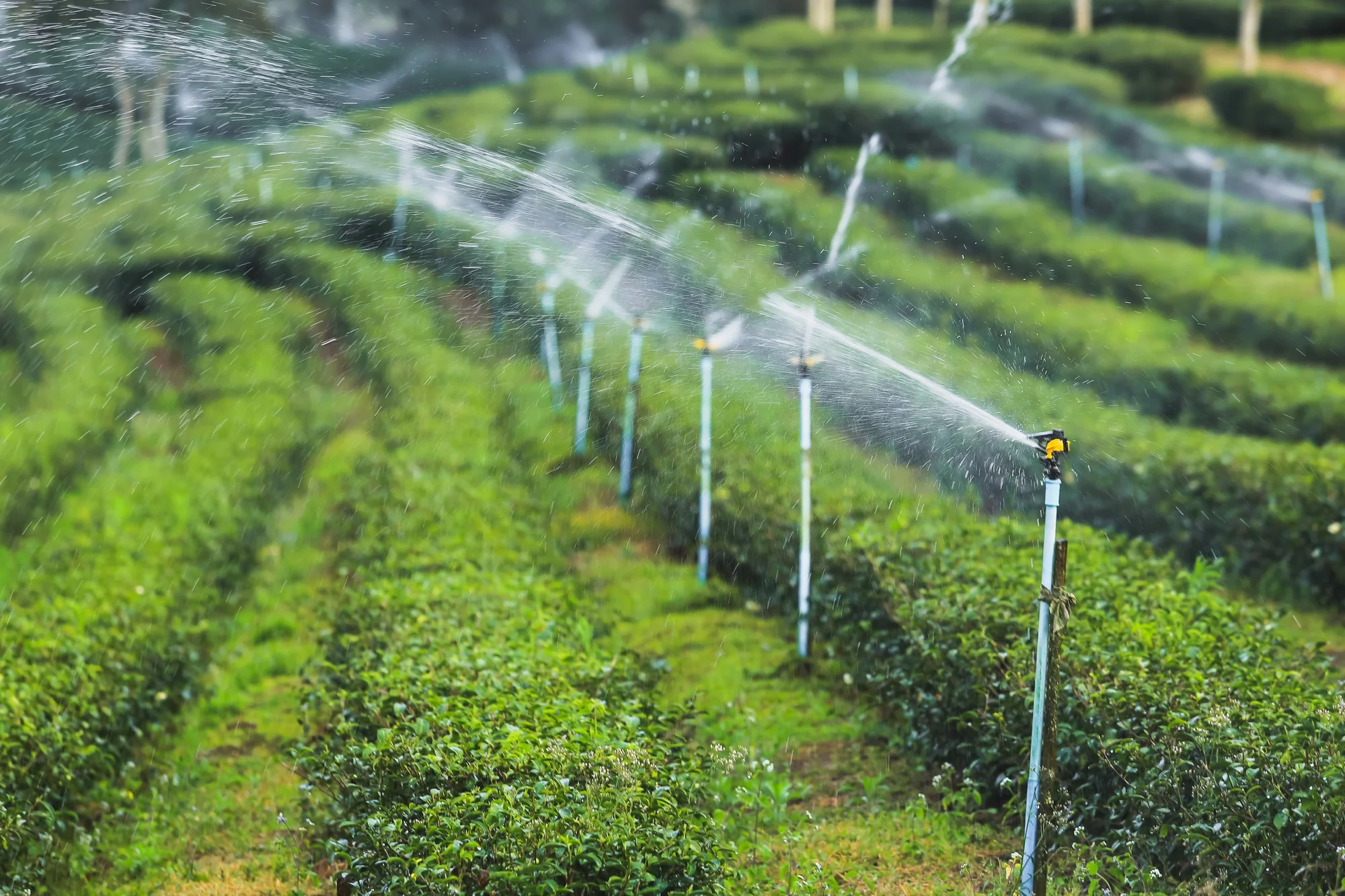
Agricultural purposes
Agricultural Water Use: Irrigation
Sodium Adsorption Ratio (SAR)
Water quality for agricultural purposes is vital to ensure safe irrigation and optimal soil health. Testing evaluates the water’s suitability for crop irrigation and assesses the Sodium Adsorption Ratio (SAR), which impacts soil permeability and structure.
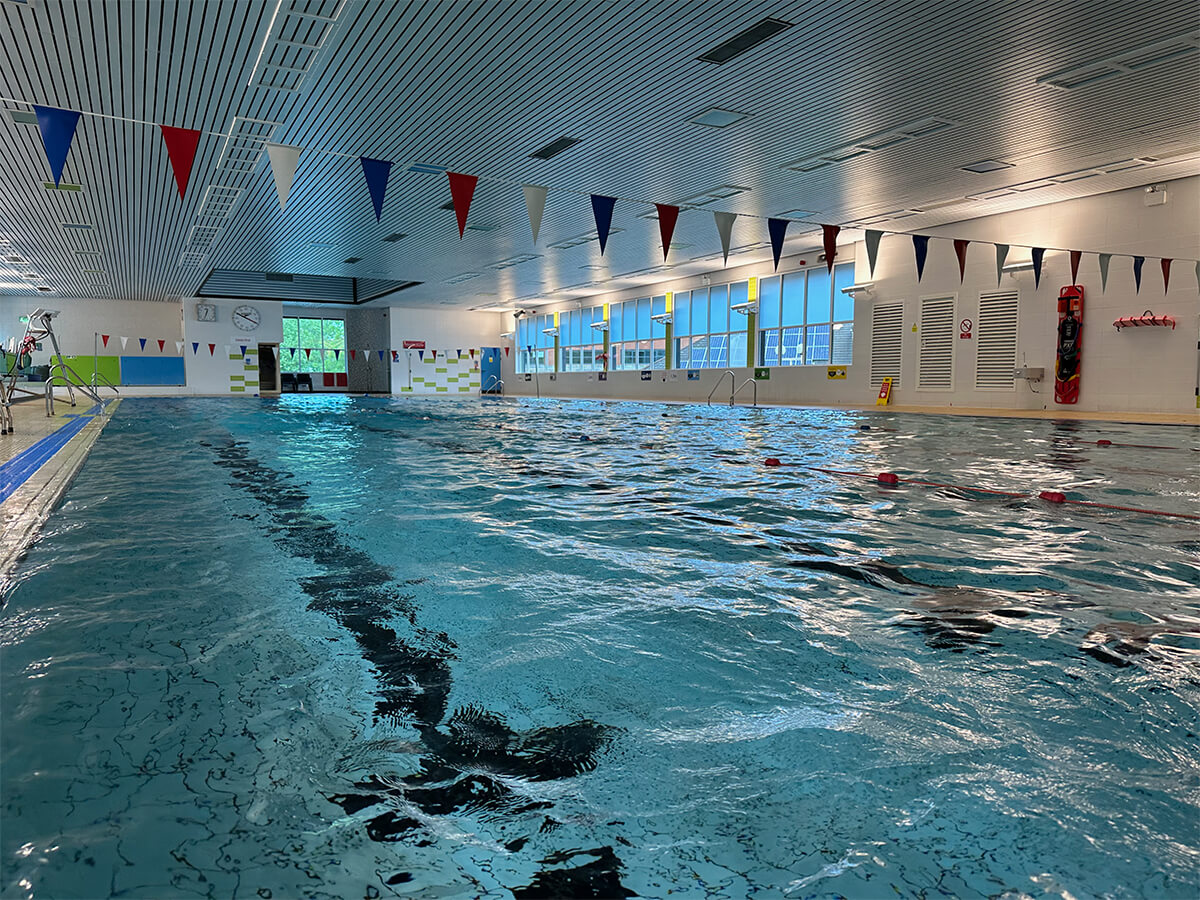
Recreational purposes
South African Water Quality Guidelines – Recreational Water Use
Water used for recreational purposes must meet safety standards to protect public health during activities such as swimming and boating. Testing ensures compliance with the South African Water Quality Guidelines, assessing the microbiological, physical, and chemical factors that contribute to the safety of recreational water bodies.

Livestock Watering
South African Water Quality Guidelines – Agricultural Water Use: Livestock Watering
Water quality for livestock watering must adhere to national guidelines to ensure animal health and productivity. Testing assesses the suitability of water for livestock, identifying harmful contaminants and ensuring compliance with the South African Water Quality Guidelines for Agricultural Water Use.
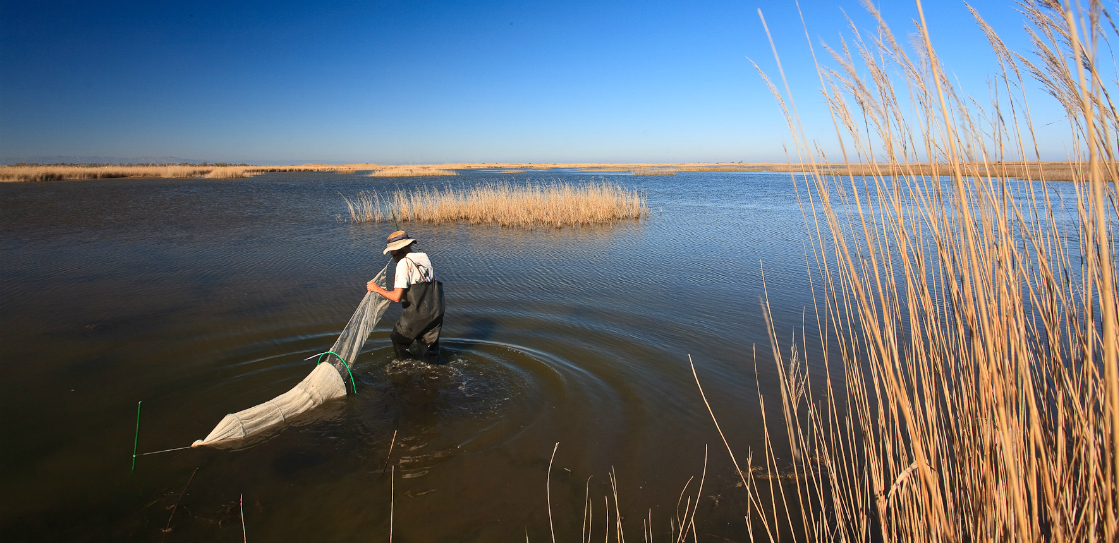
South African Water Quality Guidelines – Aquatic Ecosystems
South African Water Quality Guidelines – Aquatic Ecosystems
Maintaining healthy aquatic ecosystems requires adherence to water quality standards that support biodiversity and ecosystem stability. Testing evaluates the physical, chemical, and biological factors that affect aquatic environments, ensuring compliance with the South African Water Quality Guidelines.
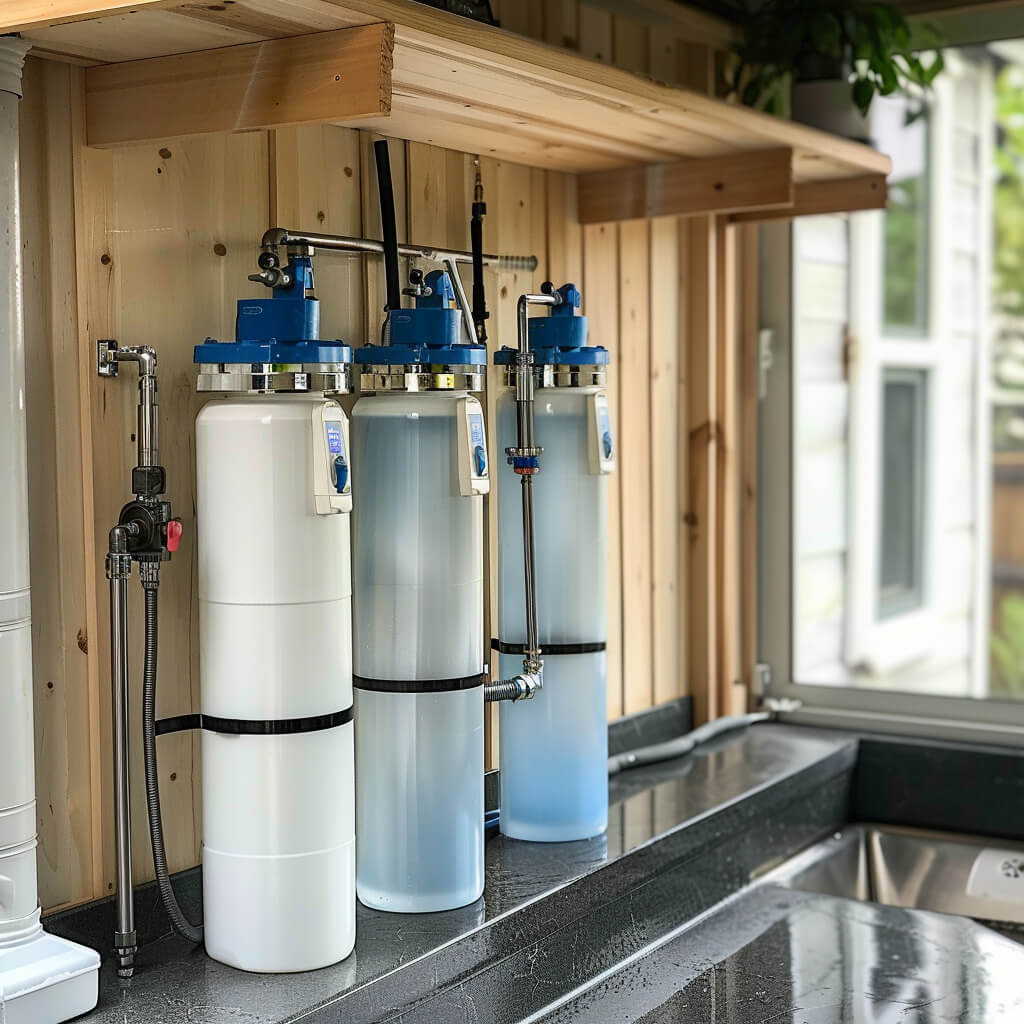
Total Hardness
The total hardness concentration is the sum of the calcium hardness plus the magnesium hardness.
Very high concentrations of total hardness can cause problems with plumbing and scale forming inside kettles and geysers.
| Total Hardness Concentration | Indication |
| 0 to 60 mg/L | Soft water |
| 60 to 120 mg/L | Moderately hard water |
| 120 to 180 mg/L | Hard water |
| >180 mg/L | Very hard water |

Bacteria
The E. coli bacteria is the definite and preferred indication of sewage pollution.
The Total Coliform bacteria are used to assess the general hygienic quality of the water.
Total coliform bacteria indicate the possible presence of bacterial pathogens such as: Salmonella, Shigella, Vibrio cholerae.
Bacterial contamination is a key indicator of water safety, particularly for drinking and recreational purposes. Testing for E. coli and Total Coliform bacteria ensures that water meets health standards
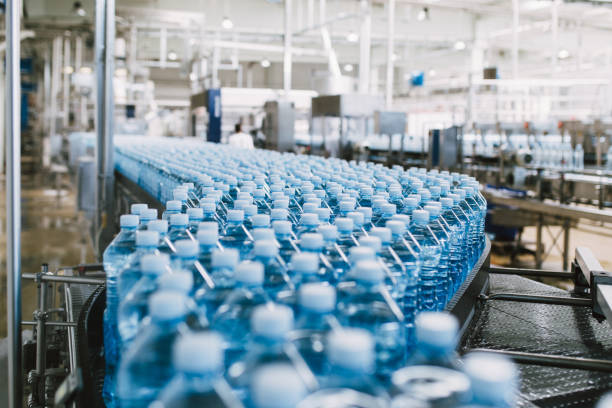
Bottled water compliance
To provide safe and healthy drinking water in the form of package water (Bottled water), a comprehensive risk assessment in the form of a water quality analyses regime should be strictly adhered to.
Legislation
Government Gazette (455 of 26 May 2010: Regulations relating to all packaged water)
Part 3 (Prepared Water) refers to water from any acceptable supply like municipal water supply.
The water source should adhere to the list of parameters contained in the annexure: general requirements for package waters.
